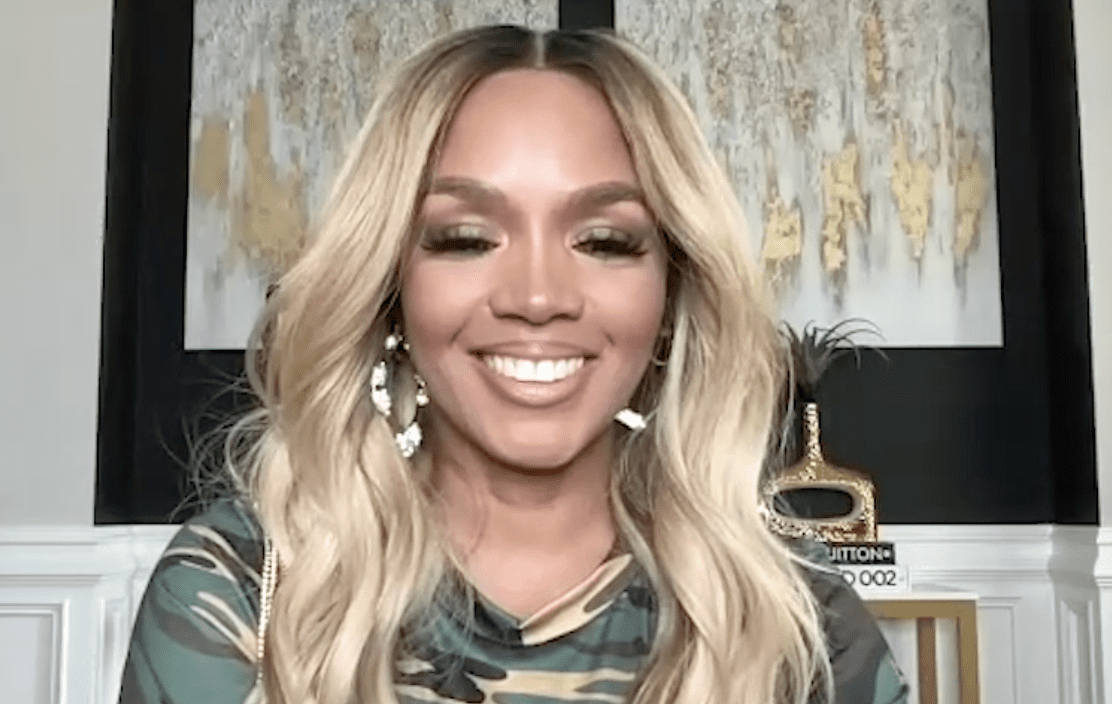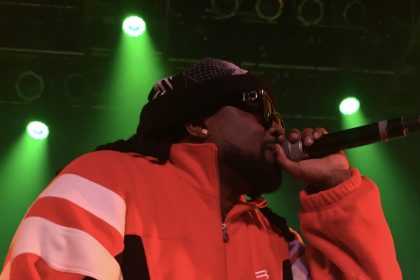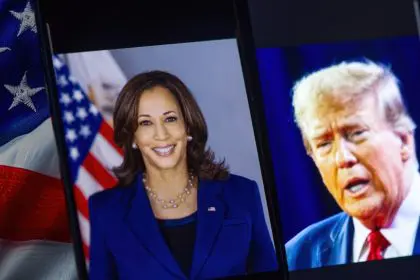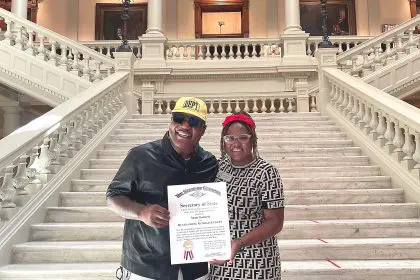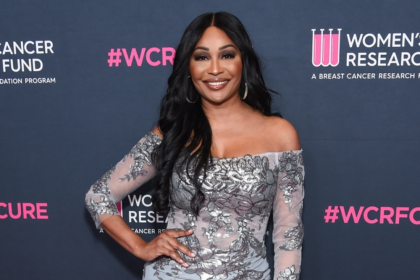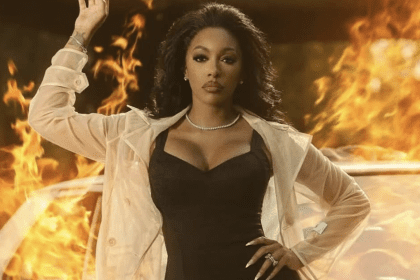As 2024 draws to a close, the impact of misinformation has left an indelible mark on American society. Eight major lies stood out among the countless false narratives that circulated throughout the year, ranging from political scandals to celebrity controversies. These stories not only captured public attention but also revealed deeper truths about our relationship with facts and verification in the digital age.
Major political controversies
- The Springfield controversy shook the nation when Donald Trump made inflammatory claims about Haitian immigrants during a heated debate. This unfounded statement sparked immediate backlash from fact-checkers and community leaders, leading to weeks of intense public discourse about immigration rhetoric in political campaigns.
- The Biden administration faced its own truth-telling crisis regarding Hunter Biden‘s legal situation. After making firm commitments about non-interference in the justice system, President Biden’s subsequent actions contradicted his earlier statements, creating a significant credibility issue for the White House.
Celebrity scandals and fabrications
- The Drake and Kendrick Lamar feud took an unprecedented turn with the release of “Family Matters.” The track’s controversial allegations, which were later revealed to be based on purchased false information, sent shockwaves through the hip-hop community. The aftermath exposed the dark side of rivalry marketing in the music industry, with reported six-figure payments exchanging hands for fabricated drama.
- The Democratic National Convention buzz surrounding Beyoncé’s rumored appearance demonstrated how quickly misinformation can spread in the entertainment world. While the superstar was actually in Houston for a different event, the persistence of false reports highlighted the challenge of controlling narratives in the age of social media.
Election season deceptions
- The presidential race brought forth numerous misleading claims about voter margins and election results. Statistical analysis later revealed that claims of a “landslide victory” were far from accurate, with the final tallies showing one of the closest races in recent history.
- Ohio Senator JD Vance’s statements about election procedures and alternative electors added another layer of complexity to the political discourse. These claims required extensive fact-checking efforts from political analysts and election experts to provide accurate context for voters.
Reality television and social media fallout
- Netflix’s “Love is Blind” season seven brought relationship deception to the forefront when contestant Tyler Francis’ undisclosed personal history became public knowledge. This incident sparked discussions about transparency in reality television and the ethics of selective disclosure in dating shows.
- The entertainment and political worlds collided when rapper Sexyy Red’s political stance became a topic of public debate. Her social media posts revealed contradictions in her previous political statements, leading to discussions about celebrity influence on voter behavior and the authenticity of public endorsements.
Impact on public discourse
The ripple effects of these fabrications extended far beyond their initial spheres, influencing public opinion and policy discussions throughout the year. Media literacy experts noted how these high-profile cases of misinformation affected public trust in institutions and highlighted the need for more robust fact-checking systems.
Looking ahead to 2025
As society continues to grapple with the challenge of distinguishing truth from fiction, the events of 2024 serve as a crucial reminder of the importance of verification and critical thinking. The year’s biggest lies have not only shaped public discourse but also influenced how information will be consumed and verified in the future.
The impact of these fabrications continues to resonate as we enter 2025, with many media organizations and public figures pledging to implement stricter fact-checking protocols. These events have catalyzed important conversations about truth in journalism, social media responsibility, and the role of public figures in sharing accurate information.
This watershed year has demonstrated the crucial need for media literacy and critical thinking skills in an increasingly complex information landscape. As we move forward, the lessons learned from 2024’s biggest lies will likely influence how we approach truth and verification in the years to come.


